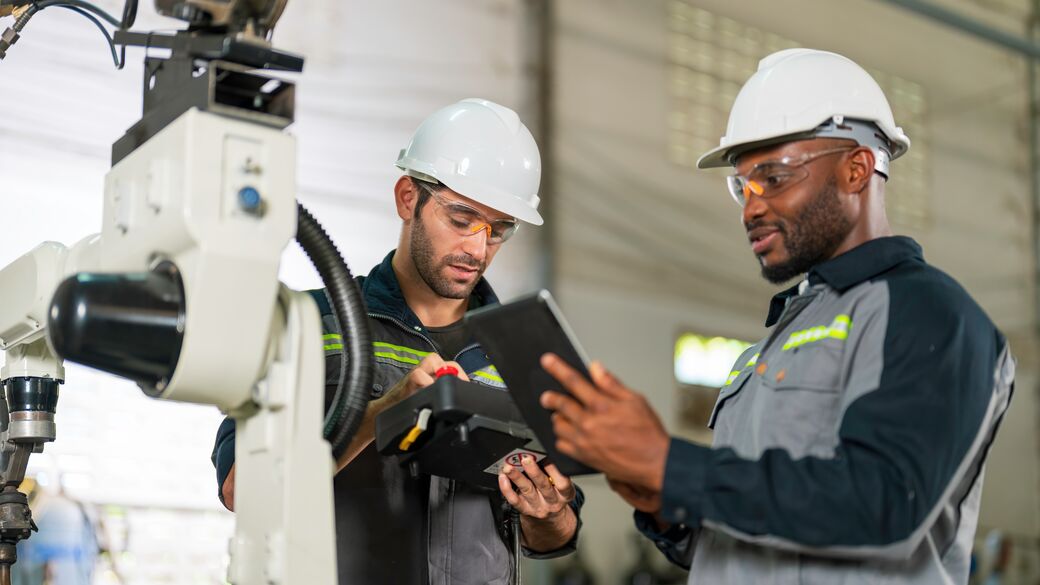“Millennials” are the most studied generation in history and they have a growing influence on the world. Many came of age at technology’s outset and I cannot help but wonder how this generation’s immersive experience with it impacts today and tomorrow’s workforce.
Their potential, if ignored and unharnessed, will leave businesses behind.
Theirs is a generation of digital natives, the first to lean into technology for every aspect of daily life, from how they connect, to checking the weather, to navigating and powering the workplace. Millennials are the largest living generation and, by 2025, will comprise 75 percent of the workforce, which means technology’s prominence will only grow. I see this firsthand, as our global audience for enterprise resource planning (ERP) solutions and integration grows younger. With new ideas and challenges, they look to leaders with the expectation that we keep up and equip them with tools they need to manage. We see some business come in that's solely due to supporting Millennials' needs--the right technology attracts staff and helps improve retention. Their potential, if ignored and unharnessed, will leave businesses behind. By embracing their advocacy for change and adopting their inherent ability to adapt, we can move towards the future with the ability to shape it at will—ready for anything it may bring. Here’s how we do it.
The single most important factor in bringing this generation’s potential in-house is relevancy. Demonstrating a collective innovative mindset, flexibility, support for individual growth, and advanced tech are all appealing workplace characteristics for Millennial job seekers. We compiled a few actionable ideas to attract and empower this workforce to turn potential into reality.
1. Embrace Collaboration Technologies
Millennial workers have and continue to transform existing workflows for increased efficiency, including how they communicate. With collaboration platforms, they are better able to facilitate projects, problem solve, and share information while having the flexibility to work remotely, which many of them deem necessary. These platforms include interactive tools that are more likely to engage them and make it easier to pursue a common goal—with 74 percent of Millennials using real-time messaging and storage or sharing applications. The workforce-wide shift to remote work amid the global pandemic means embracing that this change is no longer a choice but an inevitability.
2. Gamify Your Work
While often associated solely with tech companies, using a “hackathon” format can support many advancements in internal processes. This approach creates spirited competition among employees to spark new ideas and invigorate teams, with the added benefit of delivering well-designed products in a short period of time. This can apply to project that include anything from employee rewards programs, to sales processes and annual initiatives planning. It not only combats office fatigue but drives cross-generation engagement.
3. Encourage Mobile Learning
Learning has also evolved, with plenty of professional development courses and summits available online. Millennials consume vast amounts of information daily, many self-taught in their areas of expertise. Foster this thirst for knowledge by developing a micro-learning app with training modules and other relevant resources. This effectively increases engagement and flexibility, decreases overall training spending, and allows you to track their progress/what they put into practice. Win, win, win.
4. Be Agile
Millennials are well known for their agility--the ability to change course as needed. Practicing and encouraging agility as a company is beneficial because it not only shows you value these traits, but it grants Millennial employees the freedom and safety to innovate. It’s just good business. It means building frameworks that are transparent and open to critique, allowing employees to provide feedback and suggestions on how to optimize.
Millennials are here and many are already well-established in, or leading, their industries. Using these and other strategies can help your company stay ahead while creating an environment that resonates with them—and your business—to thrive.






